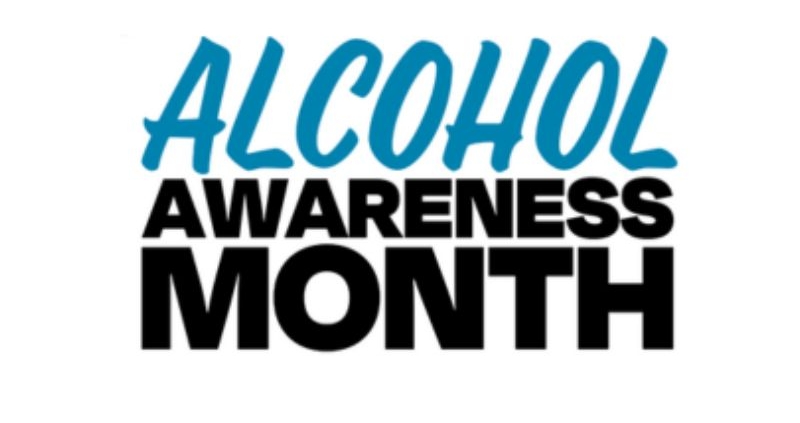
April is Alcohol Awareness Month, an opportunity to update your knowledge about alcohol use disorder (AUD) and the adverse impact of alcohol misuse on health and society. Alcohol-related problems continue to take a heavy toll on individuals, families, and communities.
Researchers estimate that each year there are more than 178,000 alcohol-related deaths, making alcohol a leading preventable cause of death in the United States. In addition, more than 200 disease and injury-related conditions are associated with alcohol misuse.
Alcohol use disorder frequently occurs in people with serious mental illness (SMI), such as schizophrenia or bipolar disorder, and can exacerbate their psychiatric, medical, and family problems. “Many of the people with serious mental illnesses whom we provide services for misuse alcohol or other addictive substances,” confirms Colorado Recovery’s clinical therapist Julie Owen, MA, LPC. “Once we are able to stabilize the psychosis aspect with therapy and medication we can also start to address any alcohol misuse.”
Like other people with an alcohol use disorder, patients with a serious mental illness are frequently self-medicating with addictive substances such as alcohol. “People who suffer from psychotic episodes often have voices in their heads, there’s a lot of thinking happening in their minds that is difficult for them to shut off,” explains Owen. “That’s very hard to live with 24/7. So they’re reaching for something they can do to calm down those voices and slow the noise in their heads. And sometimes alcohol is the thing they are reaching for.“
Reaching for a readily available “remedy” such as alcohol may happen before a person has been diagnosed with a mental health condition and prescribed medications by a medical professional. Not seeking psychiatric help and proceeding with self-medication can be a dangerous path. “Initially, it might have worked to some extent but over time the alcohol actually worsens the mental health issues,” says Owen. “So, it ends up exacerbating those issues as opposed to providing relief.”
Even when patients with SMI are stabilized with medications and therapy, they often still experience social anxiety. “They feel that other people view them as ‘weird’ and different or they fear they may say the wrong thing and embarrass themselves,” explains Owen. “So sometimes alcohol is used to lower inhibitions and help them feel more comfortable in certain social settings—become the life of the party rather than someone too afraid to chat.”
As with other people, repeated and frequent use of alcohol may lead to symptoms such as tolerance—the need to drink more to achieve the same effect or craving, a strong desire or urge to use alcohol. “With our patients, alcohol can really exacerbate the symptoms of their mental health condition and will eventually make everything much, much worse,” Owen says.
“We have quite a few clients who go to meetings and some who work with sponsors in 12-Step programs,” says Owen. “We encourage a sobriety-first approach. I do a group once a week where we talk about various support strategies around sobriety as well as introducing some other therapeutic techniques to help with both mental illness and alcohol use.”
Colorado Recovery clients are encouraged to become part of a community supporting each other, including going to meetings together. “They prepare meals together that don’t involve alcohol, they play cards and other games together without drinking alcohol, and generally begin to experience aspects of life sober,” says Owen. “That is sometimes the most powerful element of the healing process.”
Clients also go on hikes together, there is a movie night, and we offer other activities that allow people to connect with each other and meet needs that previously led to attempts to fill those needs with alcohol use.
Our mission is to help adults with serious mental health issues stabilize their illness, minimize symptoms, improve functioning, and enhance each person’s social inclusion, quality of life, and sense of meaning in life.
If you have questions about our recovery model or our services to treat schizophrenia, bipolar disorder, and similar mental illnesses, call us at 720-218-4068 to discuss treatment options for you or the person you would like to help.


